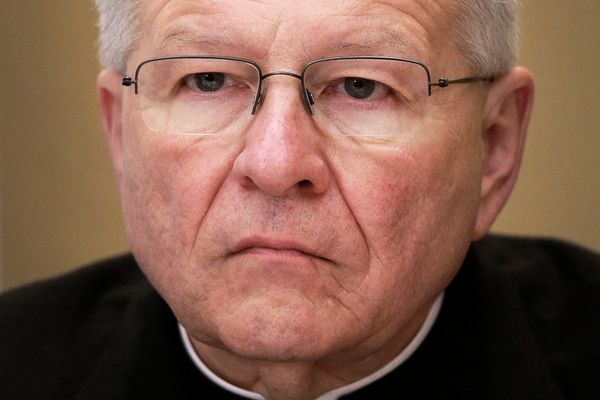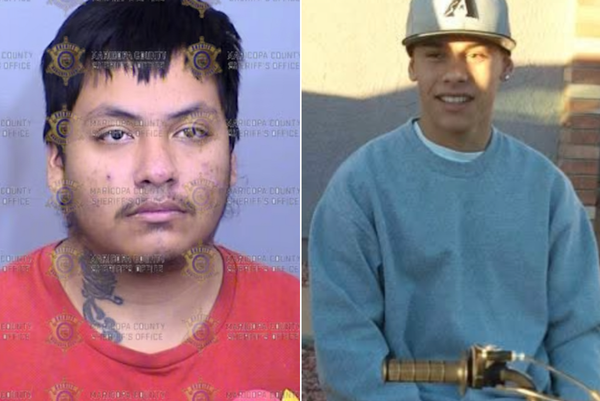
Athletes who were on the pitch when Buffalo Bills star Damar Hamlin collapsed earlier this week may need support from NFL bosses to battle PTSD for a long time to come, experts have warned.
Hamlin, 24, had a cardiac arrest after making a tackle in the game against the Cincinnati Bengals on Monday night.
The player received CPR on the pitch before being transferred to the University of Cincinnati Medical Center.
Brian McCarthy, chief spokesman for the NFL, has categorically denied the claim.
Troy Vincent, NFL's executive vice president of football operations, said in a media call following the game: "It never crossed our mind to talk about warming up to resume play. That’s ridiculous. That’s insensitive. And that’s not a place that we should ever be in."
Bosses described the event as "traumatic", with players for both the Bills and the Bengals seen teary-eyed as medics rushed to Hamlin's side.
So grateful and thankful for the outpouring of support.
— Buffalo Bills (@BuffaloBills) January 4, 2023
This is bigger than football. ❤️💙
Dr Sarah Bateup, a clinical psychologist and chief clinical officer at corporate mental health platform Oliva, said players and NFL staff will be "vulnerable to vicarious trauma" - also known as PTSD.
Dr Bateup added: "The effect of vicarious trauma may not be immediate. I would advise managers to be observant: do employees become withdrawn, avoidant, hyper-vigilant, more anxious, tearful, or require time off?
"Maintain vigilance: vicarious trauma may not happen immediately; it's more likely to occur a few weeks after the event."
Hamlin is still in critical condition but showing signs of improvement, with the incident on January 2 prompting a wider conversation about mental health in the NFL.
Minnesota head coach Kevin O’Connell said he sent a message to his players reminding them to seek help for mental and emotional well-being support.
For Damar. ❤️💙 pic.twitter.com/2i4arElWPj
— NFL (@NFL) January 3, 2023
How to deal with witnessing trauma in the workplace
Specialist HR consultant of more than 25 years, Aliya Vigor-Robertson, said employers have a duty of care to all staff - not just those directly involved in a traumatic event.
The founding partner of London-based JourneyHR explained that each individual would have different responses: "There are three things employers should bear in mind when having conversations after a traumatic event like this.
"The first is normalizing the conversations so everyone feels comfortable talking about it. The second is identifying triggers to prevent distress again, and the third is balance.
"As an employer, you need to give employees help and support but you cannot take full responsibility for their wellbeing."
She added: "When it comes to rebuilding a team after an event like this, employers need to remember that everyone will react differently and at different times. They need to offer a wide variety of support with no fixed time limit - it needs to be open-ended."







